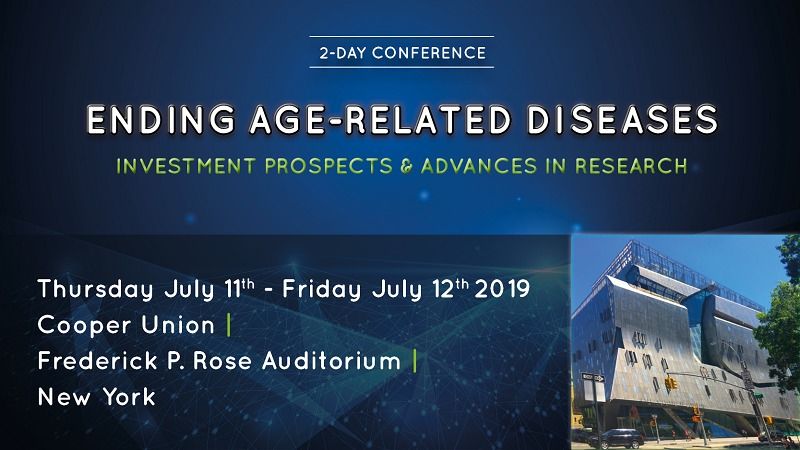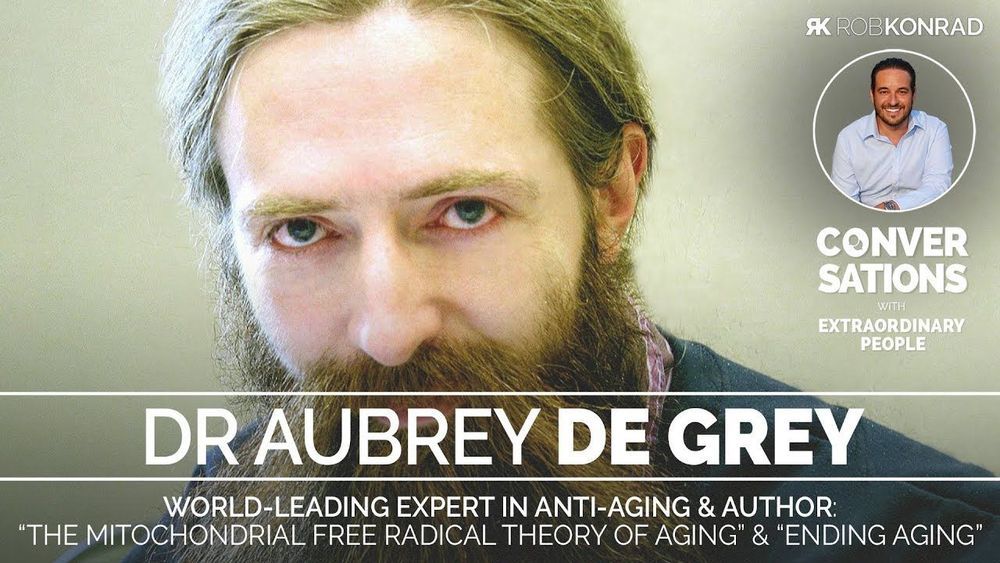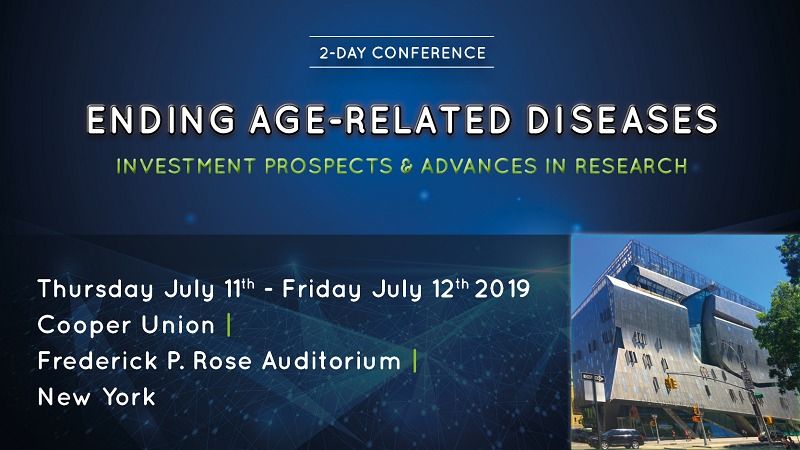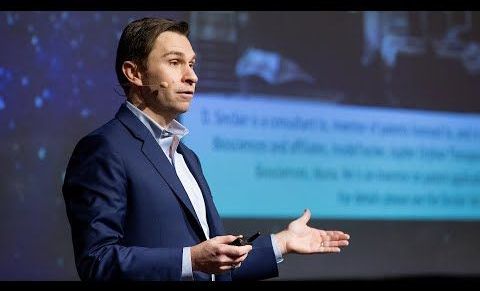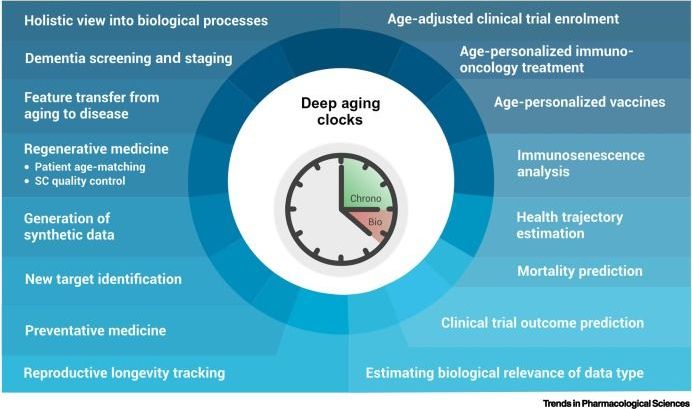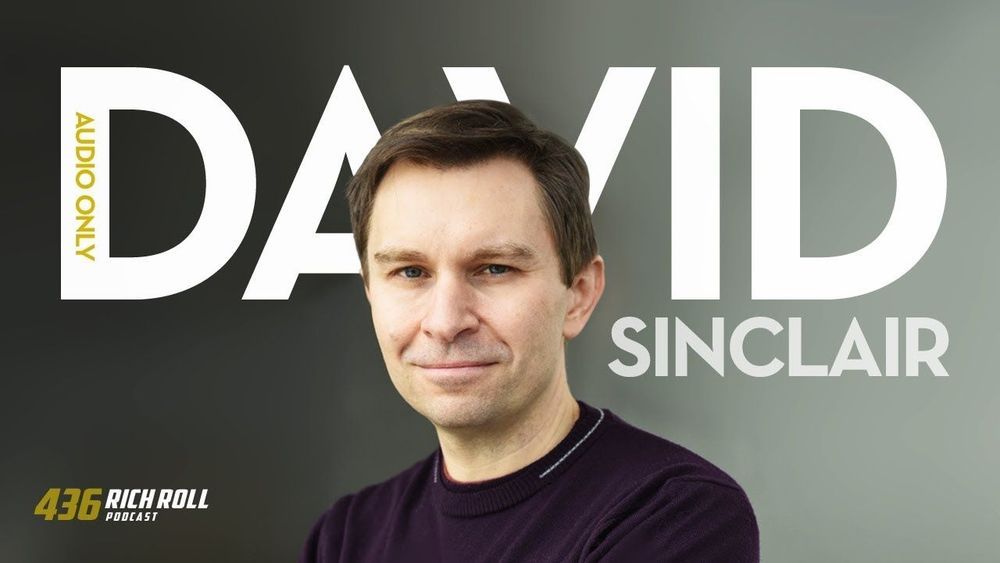https://paper.li/e-1437691924#/
Forms of Transhumanism
Transhumanism takes a variety of overlapping forms united around a common commitment to use science and technology to improve human intellect and/or physiology. Many, though not all, are committed to Posthumanism; others focus on artificial intelligence and its implications for human life. All of them raise important worldview questions, though not always the same ones.
One early form of Transhumanism was Extropianism. The name comes from the neologism extropy, a word intended to convey the reversal of entropy. Its focus is on using science, technology, and reason to take control of human evolution through life extension technologies, uploading our minds into computers, etc. An optimistic philosophy, Extropianism expected to extend human lifespans indefinitely and to recover and heal people frozen cryogenically.


